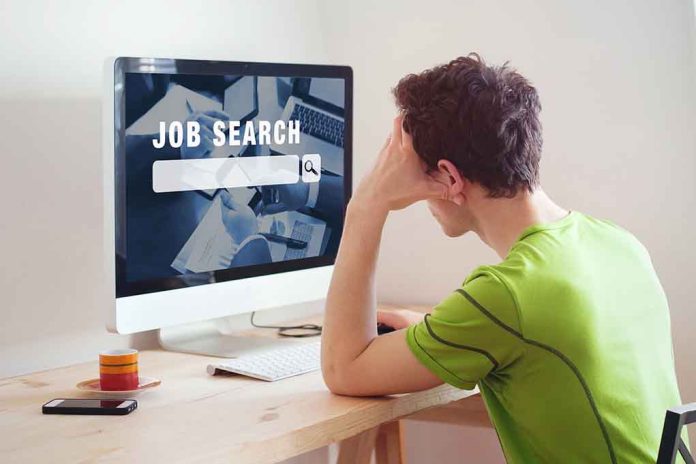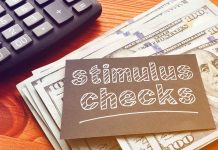
(DailyVibe.com) – Self-employment is a risky venture, even for the best-prepared. Some people begin their self-employed journeys after ramping up their freelance work once their full-time job lays them off. Others start right out of high school or college. However, being self-employed can come with a lot of risks and pitfalls. For example, if you’re self-employed and get your benefits from a spouse and then you divorce, what happens to your health insurance? What if your self-employment income drastically drops? What if your venture doesn’t work out after all?
While self-employment comes with a lot of perks, like setting your own hours and setting firm boundaries to enjoy a better work-life balance, no one is immune to inflation and the other pressures of a volatile economy. Here’s what you need to know.
Self-Employment: How Does the Government Define It?
Self-employed individuals are in business for themselves. They don’t receive benefits from an employer and they aren’t working most of their hours for the same employer. Instead, a self-employed person earns income by working with customers, clients, or businesses directly. Self-employed individuals may be referred to as contractors or freelance workers. While some work with just one company, others have many income streams and side gigs.
Self-employment does not exonerate a person from paying taxes: in fact, they have to plan a bit more than a traditionally employed person, because their taxes — paid quarterly or annually — come out of what they’ve taken in. It’s not taken out prior to your payment as it would be in a W-2 or full-time job.
What Is Unemployment Insurance?
Established in 1935, unemployment insurance (UI) is social insurance. When you’re employed, your employer pays for unemployment insurance so that you can still receive some compensation should you get laid off due to circumstances beyond your control. The United States Department of Labor is the overseer of unemployment insurance, and all administrative costs are covered by the federal government.
Funding for unemployment insurance (which most people just call “getting unemployment”) comes from the state, which provides the benefits. Circumstances vary, but states usually provide up to twenty-six weeks of benefit payments. Usually there’s a maximum benefit amount, and each state sets that criterion.
Can You Get Unemployment If You Are Self-Employed?
When you’re employed full-time, your employer contributes to that unemployment insurance fund. Generally, though, self-employed people don’t contribute to the fund. As a result, they aren’t eligible to get unemployment in most cases.
State and federal laws set requirements of eligibility for the determination of whether a person is considered an employee of a company. Some companies do attempt to skirt labor laws by treating full-time employees (FTEs) like contractors by putting them on 1099 status instead of W-2, when the employee actually qualifies as an FTE. This is illegal, and if this is your situation, consider bringing it up with your state.
In some states, unemployed self-employed individuals can fall under special circumstances as well, so if you need to collect unemployment and you are self-employed, it’s worth checking with your state.
While self-employed individuals may not be able to collect unemployment, they may be eligible for:
- Disaster Unemployment Assistance: If your self-employment was negatively impacted by a major disaster, you can seek Disaster Unemployment Assistance. This usually happens if you can’t access your work or lose work due to the disaster.
- Self-Employment Assistance: Self-Employment Assistance is offered in some states, which is a fund for unemployed individuals to begin their own small businesses and make their own jobs. This program pays individuals a weekly allowance, giving you time to establish your business. If you want to exit unemployment from a full-time job and move into self-employment, SEA can help.
Unexpected life circumstances can impact self-employed people just as they can impact those opting for traditional employment. Stay armed with the facts and notified of unemployment laws so you can cope with periods of no work or slow work as a self-employed person.
Copyright 2023, DailyVibe.com
















